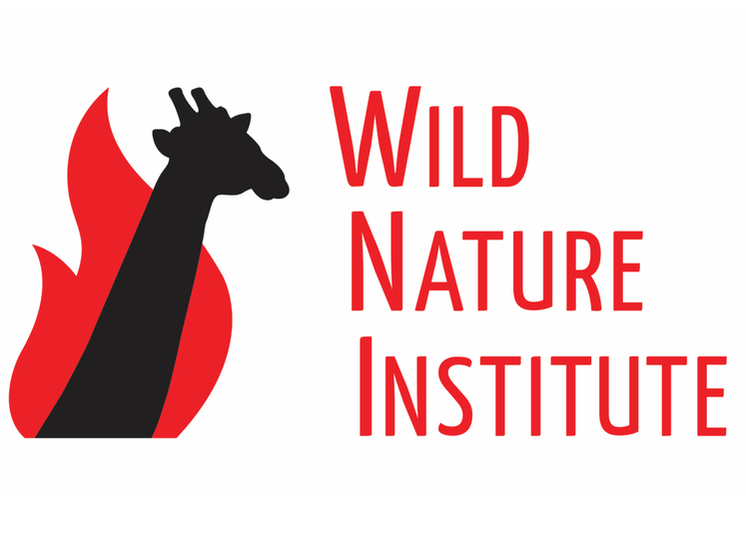|
We are in the middle of our surveys for giraffe and other ungulates of the Tarangire-Manyara Ecosystem. We wanted to say hello and share a photo of a baby elephant playing with his buddy in Tarangire National Park. We will post more photos of savanna wildlife when our surveys are completed in about 10 days.
0 Comments
We had a new scientific paper accepted at Journal of Wildlife Management, "Influence of Fire and Salvage Logging on Site Occupancy of Spotted Owls in the San Bernardino and San Jacinto Mountains of Southern California." We will post an update when the paper is published later this year. This is our latest contribution providing cutting-edge research results and leading the scientific and environmental communities to appreciate the important ecological value of burned forests.
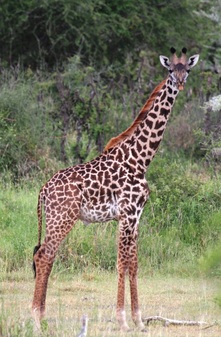 The Tarangire-Manyara Ecosystem of northern Tanzania supports the second-highest density of Masai giraffes in Tanzania after the Serengeti. Unlike the Serengeti, however, most of the Tarangire Ecosystem is not within the boundaries of protected national parks and game reserves. As a consequence, savanna habitat is rapidly being lost to farms and permanent housing, especially surrounding Tarangire and Lake Manyara national parks where fresh water is most available. This loss of habitat is squeezing the population of giraffes and other wildlife species into smaller areas and threatening their persistence in the Ecosystem. Our research aims to identify places inside and outside the national parks and reserves where giraffes are doing well (where they are surviving and reproducing better). Our ultimate goal is to increase conservation of important areas for these magnificent icons of Africa - before it is too late. We are looking forward to conducting our seventh photographic mark-recapture survey for Masai giraffe in the Tarangire Ecosystem, beginning May 15. This upcoming survey coincides with the end of the long rainy season. What is photographic mark-recapture? It is a non-invasive survey technique that allows scientists to easily identify individual giraffes by differences in their coat patterns—which can be as unique as human fingerprints. After each survey, we feed our thousands of photographs of giraffes into a pattern-recognition software program developed at Dartmouth College. The computer then matches coat patterns from previous photographic surveys, and tells us which animals are the same. We are creating a database of when and where we have seen each individual giraffe, and can determine where they move, how long they live, how quickly calves are growing (by measuring height), and whether or not females have a calf. We can also determine the health of the individual (particularly whether the animal has Giraffe Skin Disease). Finally we can correlate survival, reproduction, growth, and movements with environmental variables such as climate, vegetation, distance to water, lion predation, human pressures, and density of other giraffes. The photographic mark-recapture method is much less expensive than physical captures of large mammals, so it allows much bigger sample sizes across a much larger area. In fact, we are currently tracking over 1,500 known giraffes in the Tarangire Ecosystem! All we need is a car, a camera, and a computer for us to conduct our critical research. However, we always need funding for fuel, vehicle maintenance, paying our Masai field assistant, and obtaining our research permits from the Tanzanian government. We thank all of our supporters, including the Sacramento Zoo, Safari West, Explorers Club, Fulbright Commission, and many caring private donors, for supporting our work, and we welcome any additional donations, which are tax-deductible. Our research is conducted in collaboration with Dartmouth College.
|
Science News and Updates From the Field from Wild Nature Institute.
All Photos on This Blog are Available as Frame-worthy Prints to Thank Our Generous Donors.
Email Us for Details of this Offer. Archives
July 2024
|
|
Mailing Address:
Wild Nature Institute PO Box 44 Weaverville, NC 28787 Phone: +1 415 763 0348 Email: [email protected] |
|

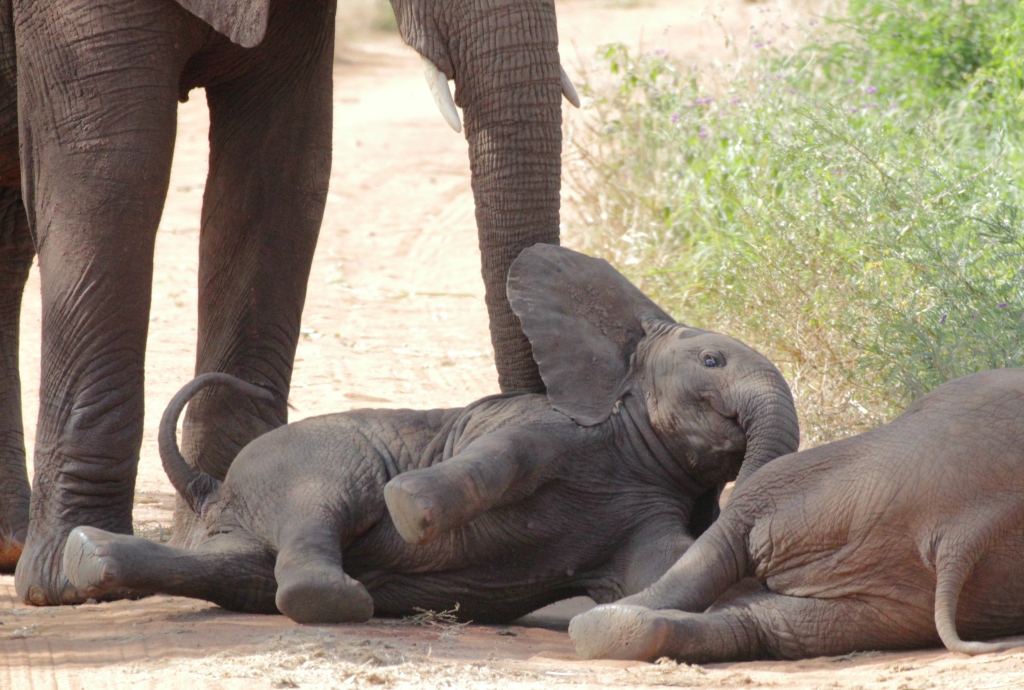
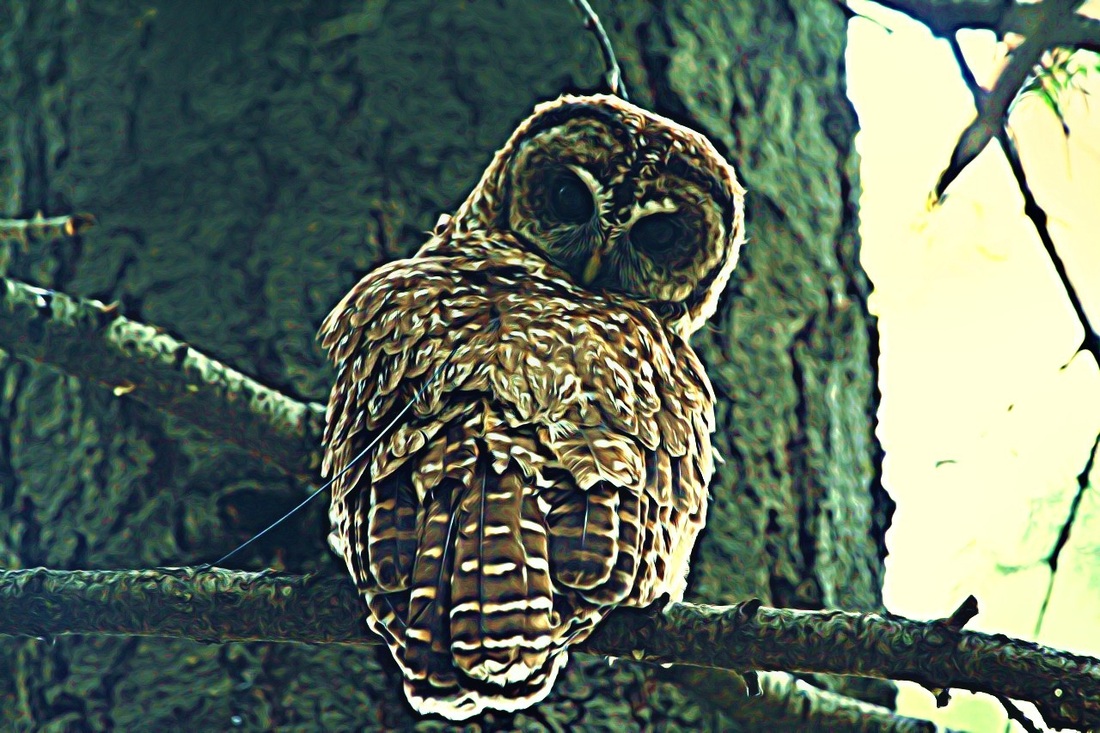
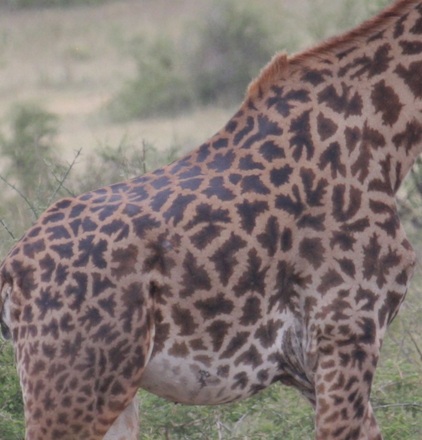
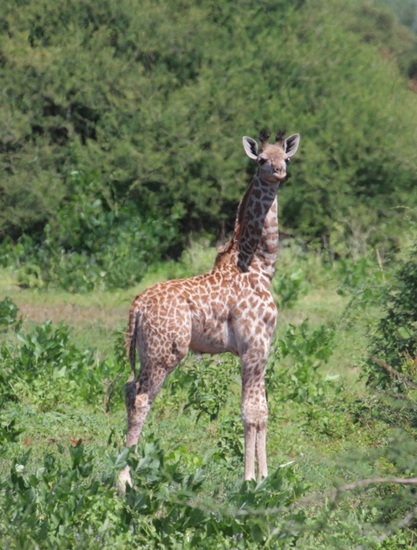
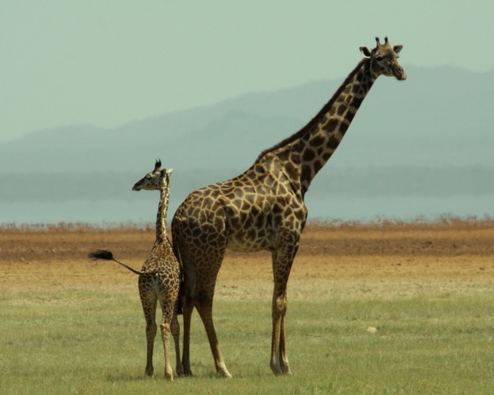
 RSS Feed
RSS Feed
